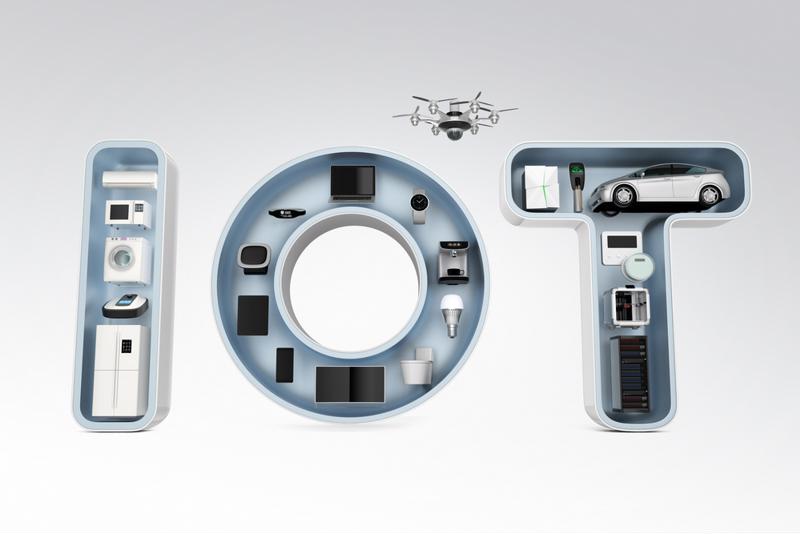The internet of things is here to stay, with billions of devices already connected to this ecosystem and more being integrated into it every single day. However, the needs of any given company to adopt IoT-enabled tech into their larger operations can vary widely, and you may be wondering how to make it all work for you. That is, if it will work at all.
Some companies are still not convinced of the efficacy that the IoT would bring to their operations, but experts agree that if you're coming into contact with any aspect of the supply chain, adoption is probably a good idea, according to Retail Wire. No matter what kind of business you run, there's probably a practical application for IoT devices, such as optimization of your internal management (for things like inventory), as well as security, loss prevention and more.
Simply put, the amount of efficiency you can gain from even a relatively small-scale IoT adoption effort may be greater than you realize, and that could provide a significant return on your investment, the report said. In addition, having the kinds of data these devices can collect makes you a more valuable partner to others in the supply chain as well, increasing the chances other companies will want to do more business with you.

An added benefit
When it comes to larger adoption efforts - for instance, if you start small but almost immediately like what you see - the impact on all aspects of your operations can be sizable, according to Datex Corp. The reason why is clear: The IoT gives you more insight into your own processes on both a micro and a macro level. You may think you have a good idea of things like inventory churn and turnaround times on fulfillment with manual tracking, but by automating tracking, you're likely to get a lot more granular information than you thought possible.
That data is instantly actionable and gives you the chance to not only be reactive to what you're dealing with currently, but also potentially proactive to identify future needs before they even arise, the report said. That's especially valuable when you get into business relationships that allow you to share important operational data with your partners, and get similar information from them, so the insights you glean are even farther-reaching.
Making the difference
A perfect example of how IoT tracking data is valuable to any company in the supply chain comes in the analysis: With legacy tracking efforts, you only get past information - and not even as much of it as you think, according to Inbound Logistics. However, if you can successfully integrate the IoT, that data becomes available to you in real time and gives you a clear picture of not only what has happened, but what is happening now. That, in turn, allows you to make more informed decisions or estimates about what's coming in the near future.
For all these reasons and more, it's vital for companies to look into the best practices for integrating the IoT into their current processes as soon as possible, ensuring long-term success and more fruitful relationships.


Post A Comment:
0 comments so far,add yours